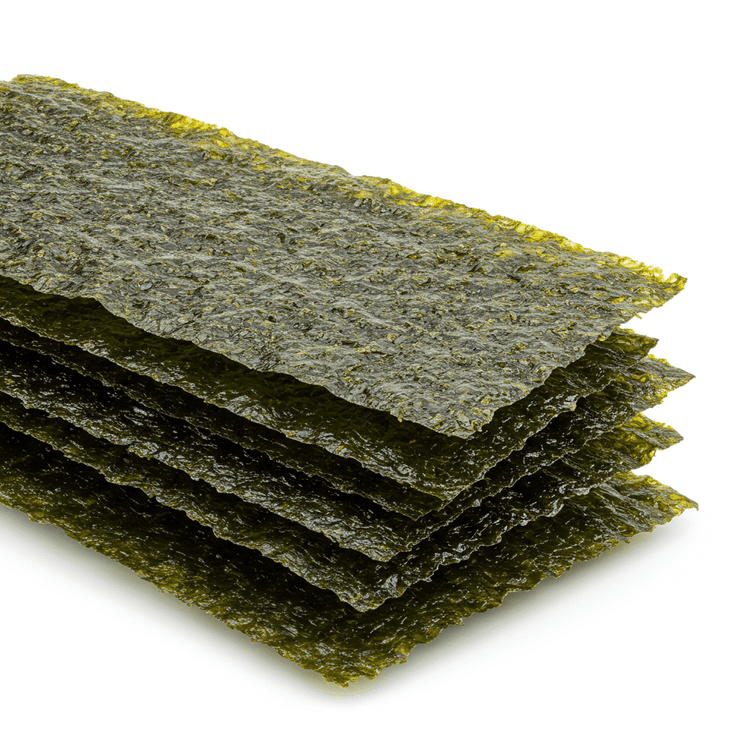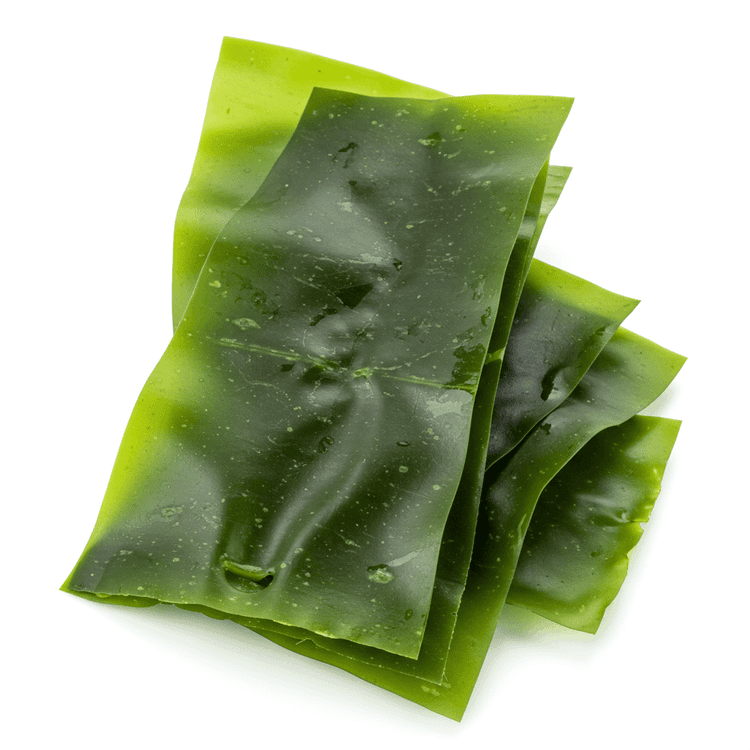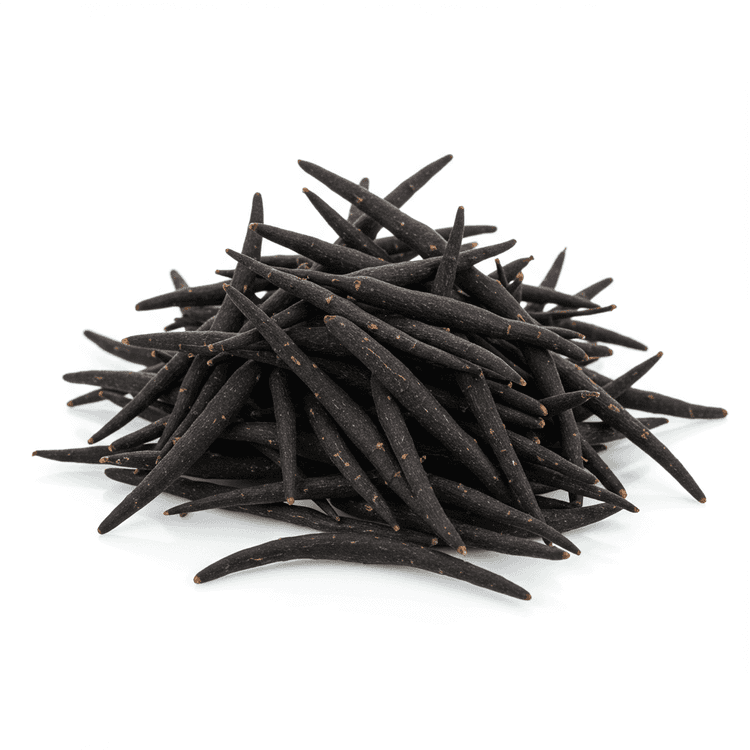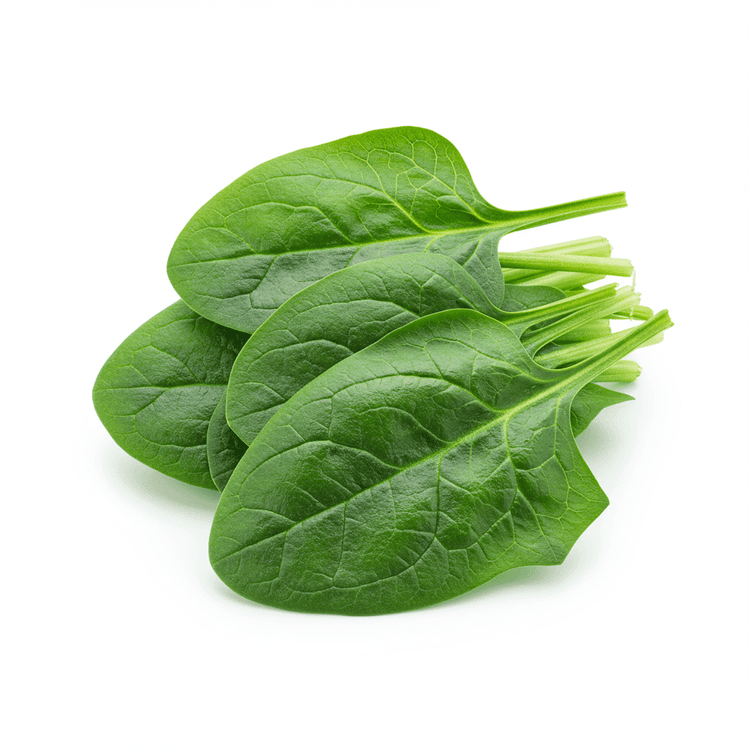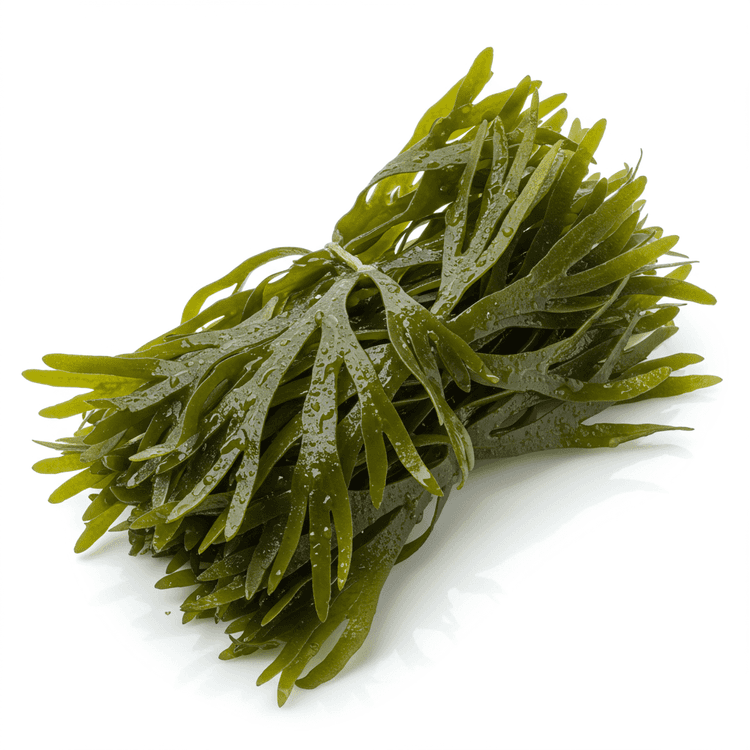
Sea Lettuce
Sea lettuce is a vibrant, edible green seaweed with a delicate, slightly salty flavor. Its thin, translucent leaves resemble lettuce, hence the name. This marine algae is a nutrient-rich addition to any diet, offering vitamins, minerals, and antioxidants. Look for sea lettuce dried, fresh, or flaked for use in a variety of culinary applications. Sea lettuce, a versatile seaweed, is increasingly popular for its health benefits and unique taste, making it a sought-after ingredient for those exploring healthy and sustainable food options.
Common Uses
- As a nutritious addition to salads, providing a mild, briny flavor and a boost of vitamins and minerals. Sea lettuce salad recipes are a growing trend for healthy eating.
- Used as a flavorful wrap for sushi or rice balls, offering a lighter and more sustainable alternative to traditional nori.
- Added to soups and stews for a subtle oceanic flavor and increased nutritional content. Many chefs incorporate sea lettuce soup stock for a unique umami element.
- Dried and flaked as a seasoning for various dishes, adding a savory and slightly salty note. Sea lettuce flakes are a convenient way to enhance the flavor of snacks and main courses.
- Employed as a natural thickener in sauces and gravies, contributing a unique taste and texture. How to use sea lettuce as a thickening agent is a frequently asked question.
- Incorporated into smoothies and juices for an added boost of vitamins, minerals, and antioxidants. Sea lettuce smoothie recipes are a quick way to enhance nutritional intake.
Nutrition (per serving)
Nutrition (per serving)
Calories
43.0kcal (2.15%)
Protein
8.0g (16%)
Carbs
0.5g (0.18%)
Sugars
0.0g
Healthy Fat
0.6g
Unhealthy Fat
0.2g
% Daily Value based on a 2000 calorie diet
Nutrition (per serving)
Calories
43.0kcal (2.15%)
Protein
8.0g (16%)
Carbs
0.5g (0.18%)
Sugars
0.0g
Healthy Fat
0.6g
Unhealthy Fat
0.2g
% Daily Value based on a 2000 calorie diet
Health Benefits
- Excellent source of vitamins and minerals, contributing to overall well-being.
- High in antioxidants, helping protect against cell damage and supporting immune function.
- Rich in iodine, essential for healthy thyroid function and metabolism.
- Good source of dietary fiber, promoting digestive health and regularity.
- Low in calories, making it a healthy addition to weight management diets.
Chefadora AI is here.
Experience smarter, stress-free cooking.
Storage Tips
Fresh sea lettuce should be stored in the refrigerator. Rinse it gently to remove any sand or debris, then wrap it loosely in a damp paper towel and place it in a plastic bag or container. This will help maintain its moisture and prevent it from drying out. Use it within a few days for best flavor and texture. Dried sea lettuce should be stored in an airtight container in a cool, dark, and dry place to prevent moisture absorption.
Marnirni-apinthi Building, Lot Fourteen,
North Terrace, Adelaide, South Australia, 5000
Australia


